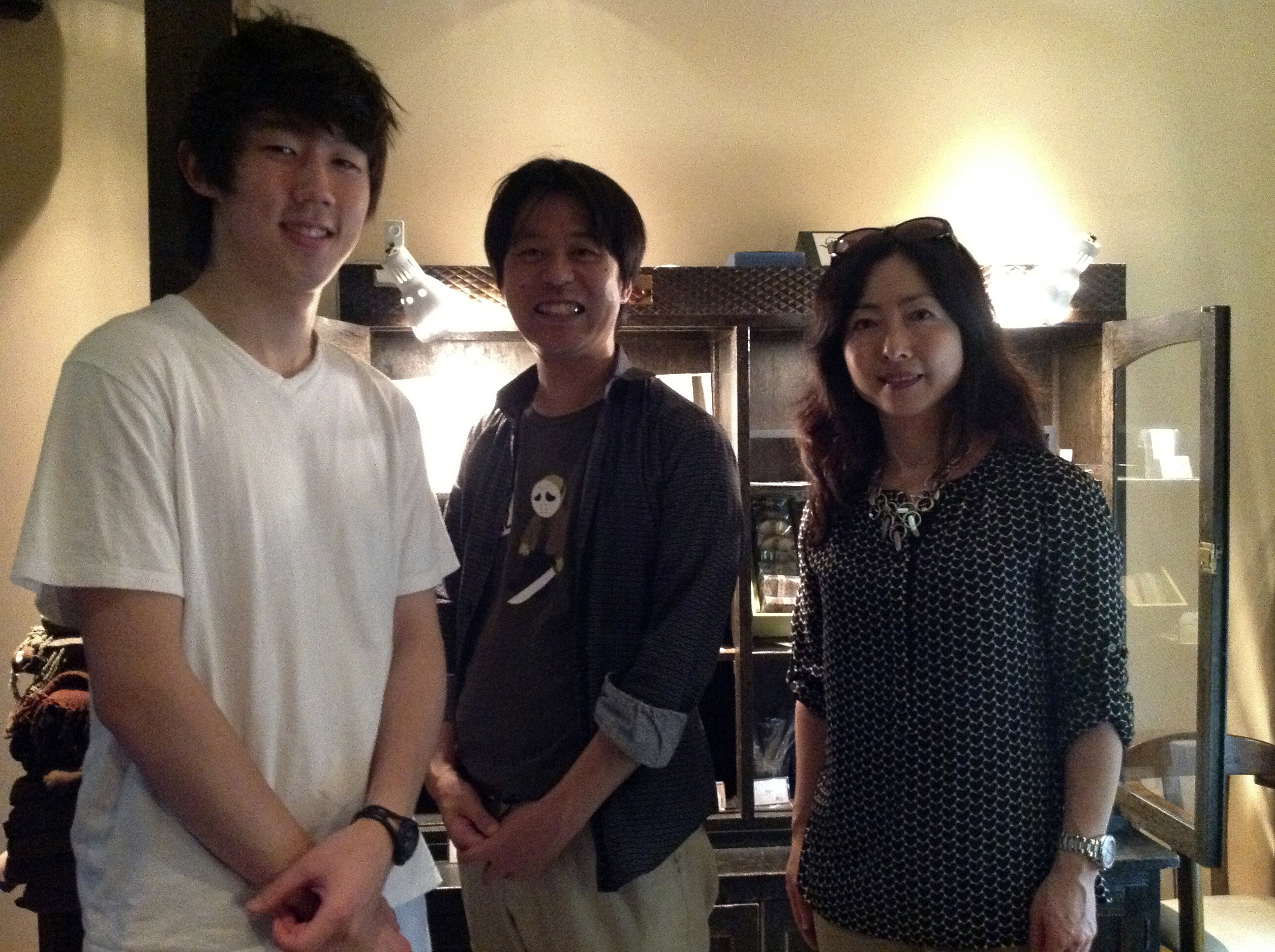
This summer, Tori Fukumitsu ’15, an English major and Japanese minor, is working on an independent Emerson project,“Performing With the Picture, Moving With the Times: the Role of Benshi in Preserving a Japanese Cultural Practice and Adapting to a Global Audience” with Associate Professor of East Asian Languages and Literatures (Japanese) Kyoko Omori. Fukumitsu is exploring benshi, Japanese silent film narrators, and their performing art of setsumei.
“In simple terms,” Fukumitsu explained, “benshi provide the narration, dialogue, commentary, inter-titles, and, in some cases, emotion of a silent film.” To do this, “the most successful benshi were able to connect with the visual images and non-diegetic music in a fluid manner,” he added. Benshi and silent films in Japan gained popularity in tandem at the beginning of the 20th century, remaining prominent until the rise of the “talkie.”
Another contributing factor to the decline of benshi was government instituted specific censorship laws “aimed at checking the power of their interpretation of visual images,” Fukumitsu explained. The government feared the social power wielded by the benshi, nervous they would use their influence to incite the public.
Although there are still benshi in the world today, they are not well-known, even in Japan, he said. Fukumitsu himself had never heard of benshi until taking an introductory course on Japanese film course with Omori in the spring.
Fukumitsu is utilizing three methods to conduct his research. He was privileged enough to have the opportunity to interview two of the most prominent benshi alive today, watch live benshi performances, and read literature written about the topic. “Professor Omori provided the initial contacts for the benshi I interviewed,” Fukumitsu stated, “as well as leads for pertinent research articles.”
“What inspired me to learn more about benshi,” Fukumitsu confessed, “was the fact their performance is a distinctly Japanese cultural practice.” He admitted that growing up as a Japanese and Chinese American in the Bay Area, he had often felt like a minority. “I found this as an opportunity to learn more specifically about my Japanese identity and culture, to finally distinguish that heritage from my Chinese side and not lump them together under the category of Asian,” he declared.
Combining a personal passion with an academic one has been highly rewarding, Fukumitsu said. “I hope that our project creates an interest in benshi for people who might never have heard of them before, and maybe even inspire others to pursue projects of their own driven by a strong passion or interest,” he concluded.
Tori Fukumitsu is a resident of Berkeley, Calif., and a graduate of the Lick-Wilmerding High School in San Francisco.
